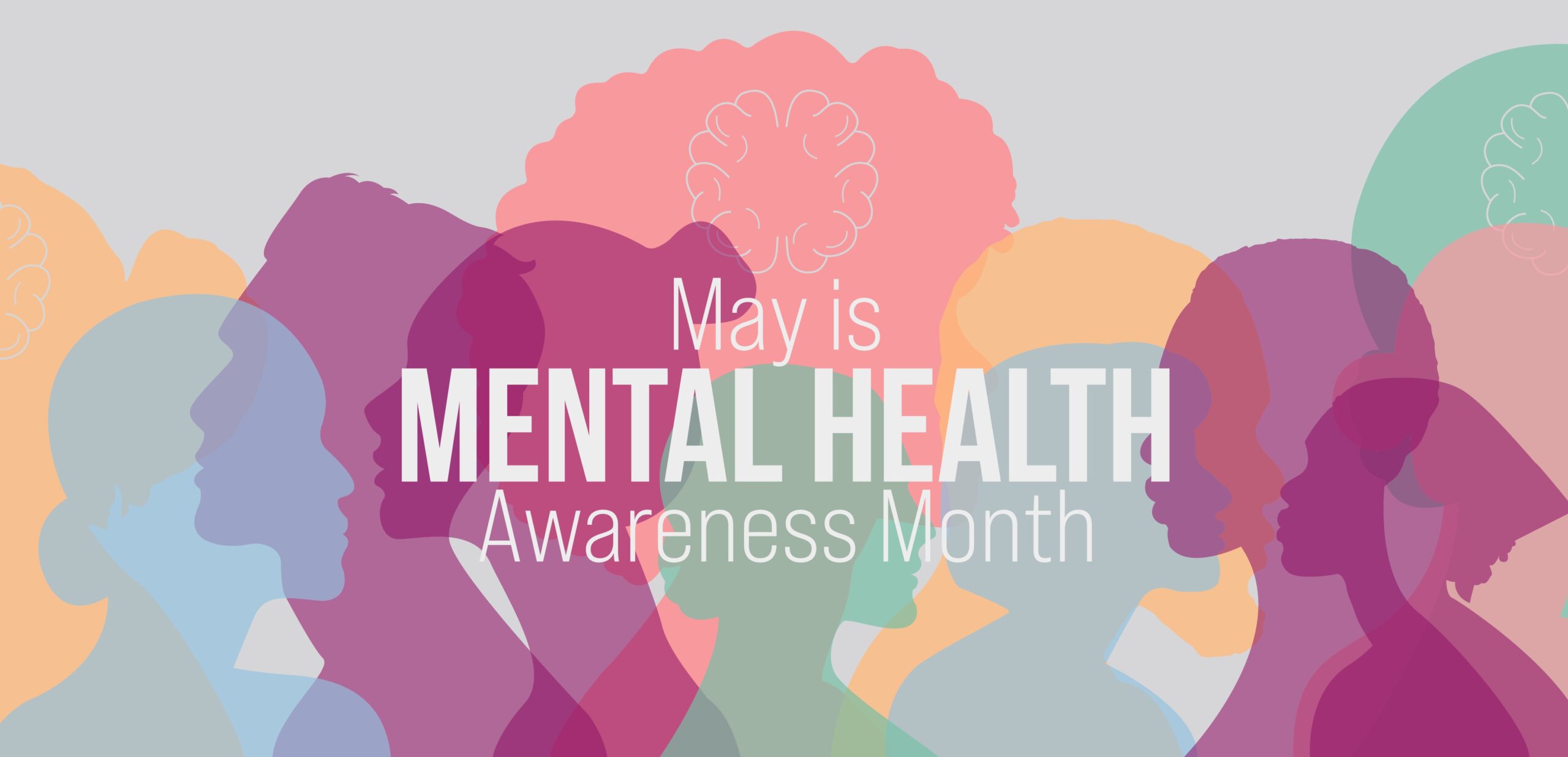
As the days grow shorter and colder, it’s crucial to pay special attention to nutrients vital for bone health, namely calcium and vitamin D! I’m sure you’ve had your share of slippery steps, and potentially some nasty not so pleasant falls. Partnered with living in the northern hemisphere where increasingly chilly days and longer winter nights leave most of us cooped indoors, this season brings your body an increased potential deficiency in essential elements and at greater risk of broken or fractured bones. So, let’s dive into supporting you to ensure your body and bones receive the calcium and vitamin D you need to stay strong and resilient throughout the winter season.
Winter Weather Worries
 Maintaining bone health is a year-round priority, but there are specific reasons why extra caution is warranted during the winter months. We’ve all heard that the best source of vitamin D comes from the sun, and particularly direct exposure of your skin with it. And although you might still catch a few rays of light here and there, your days are now likely spent inside cozying up in a blanket. And though you may have a sunny room, our windows are built to filter out the UV rays stimulating your body’s production of vitamin D. On the rare occasions you may be spending the day outside, you’re probably all bundled up to fend off the chill. Covered from your ears to your fingertips to your toes, even on a day full of sunshine – you won’t be able to produce any vitamin D.
Maintaining bone health is a year-round priority, but there are specific reasons why extra caution is warranted during the winter months. We’ve all heard that the best source of vitamin D comes from the sun, and particularly direct exposure of your skin with it. And although you might still catch a few rays of light here and there, your days are now likely spent inside cozying up in a blanket. And though you may have a sunny room, our windows are built to filter out the UV rays stimulating your body’s production of vitamin D. On the rare occasions you may be spending the day outside, you’re probably all bundled up to fend off the chill. Covered from your ears to your fingertips to your toes, even on a day full of sunshine – you won’t be able to produce any vitamin D.
Think of a bridge with a couple versus multiple support beams; if one of the support beams were to fall only a small section might be damaged in comparison to half of the bridge falling.
Understanding the Role of Calcium and Vitamin D in Winter Bone Health
Vitamin D is a fat-soluble vitamin which can be found in external sources as well as produced within our bodies. Amongst many of its functions, one of the major roles it plays is encouraging our bodies to take in calcium and phosphorus (1). Without vitamin D present, calcium has a difficult time being absorbed into our body. The amount of vitamin D our bodies make fluctuates, depending on your age, skin colour, use of sunscreen, and time spent having direct contact with sunlight on your skin.
Calcium's Role in Strengthening Winter Bone Health
 Your body typically reaches its peak bone mass between ages 25 and 30. After this period, especially during winter, the breakdown of old bone tends to outpace new bone formation, making the intake of calcium and vitamin D even more vital for maintaining bone health during the colder months.
Your body typically reaches its peak bone mass between ages 25 and 30. After this period, especially during winter, the breakdown of old bone tends to outpace new bone formation, making the intake of calcium and vitamin D even more vital for maintaining bone health during the colder months.
Vitamin D is a fat-soluble vitamin which can be found in external sources as well as produced within our bodies. Amongst many of its functions, one of the major roles it plays is encouraging our bodies to take in calcium and phosphorus (1). Without vitamin D present, calcium has a difficult time being absorbed into our body. The amount of vitamin D our bodies make fluctuates, depending on your age, skin colour, use of sunscreen, and time spent having direct contact with sunlight on your skin.
Calcium is a mineral crucially deposited throughout the skeletal bones in our body. Analogous to a bridge’s support beams, calcium helps in repairing or reinforcing our bones, a process especially important during winter when bone health challenges are more prevalent.
With that in mind, if your calcium stores are low in the body and needed elsewhere, your body will begin to take away those support beams from your skeletal bone storage; leaving you at greater risk if you were to fall or sustain any bone injury (2).
This is especially important if you are an older adult, as your ability to produce vitamin D begins to decrease. Furthermore, if you are a woman who is postmenopausal or amenorrheic, this change in hormones can leave you with an accelerated rate of bone loss compared to men the same age (1,3).
Maximizing Calcium Absorption During Winter Months
For optimal winter bone health, adults aged 19-50 should aim for an average daily intake of 1,000 mg of calcium. Those over 50 are advised to increase this to 1,200 mg daily to counteract the age-related decline in bone density. Regarding vitamin D, a daily intake of 600 IU is recommended for the younger group, while 800 IU is suggested for those over 50 to ensure adequate support for bone health during winter.
Vitamin D Sources and Synthesis in Winter
 Calcium and vitamin D are found widely in many sources of foods, however the content within these foods can be highly variable. Additionally, it’s important to consider the bioavailability of these nutrients from certain foods; meaning that while the food may be high in calcium or vitamin D, your body is only able to absorb a certain amount.
Calcium and vitamin D are found widely in many sources of foods, however the content within these foods can be highly variable. Additionally, it’s important to consider the bioavailability of these nutrients from certain foods; meaning that while the food may be high in calcium or vitamin D, your body is only able to absorb a certain amount.
As I’m sure you know, the primary source of these two nutrients for most people are milk and dairy products: like milk, cheese, yogurt, kefir, and cream. Boasting a high content of both vitamin D and calcium, as a high bioavailability, these are great familiar and versatile ingredients or foods to many of us. Other great sources can also include fatty fish and seafood, canned fish with bones, or egg yolks. However, if you have any dietary restrictions, there are plenty of other foods.
Plant based options can also provide you with helpful sources of calcium and vitamin D, such as dark leafy green vegetables, legumes, tofu, and nuts. While these options are not always as bioavailable or high in calcium or vitamin D content, they still contribute quite a bit to your daily intake when pairing various options. Some vegetables with similar bioavailability to milk include broccoli, kale, and cabbage, although the amount of calcium per serving is much lower (1,4).
Explore the Benefits of Fortified Foods
Fortified foods such as calcium-enriched cereals and soy drinks are excellent alternatives for bolstering your winter bone health. These options are especially useful for those seeking diverse sources of these essential nutrients.
Supplementation & Final Notes
 Finally, taking a supplement of 400 IU of vitamin D can be helpful if you do not consume any of these foods daily. Calcium supplementation may also be an option but consider talking with your family physician or our team’s nurse practitioner or dietitians, as we want to prioritize intake from the source and prevent any potential side effects.
Finally, taking a supplement of 400 IU of vitamin D can be helpful if you do not consume any of these foods daily. Calcium supplementation may also be an option but consider talking with your family physician or our team’s nurse practitioner or dietitians, as we want to prioritize intake from the source and prevent any potential side effects.
It should also be noted that everything you eat should not be considered as just a single source of nutrient, and that each different food you take in provides a diverse nutrient profile with other essential nutrients.
Reaching Out for Professional Help
Interested in getting a test to check whether you are vitamin D deficient? You can book an appointment with our team’s nurse practitioner to order a check-up. If you’re looking for ways to meal plan or include different vitamin D and calcium rich ingredients, consider connecting with one of our team’s dietitians to help you plan! Connect with us here.




